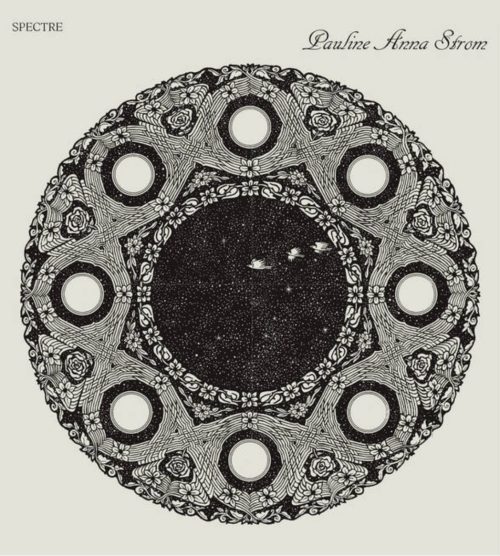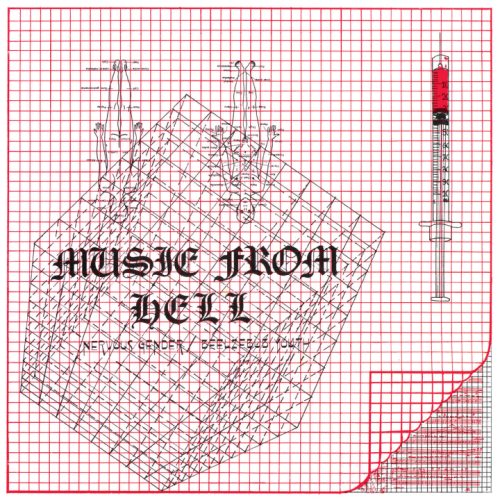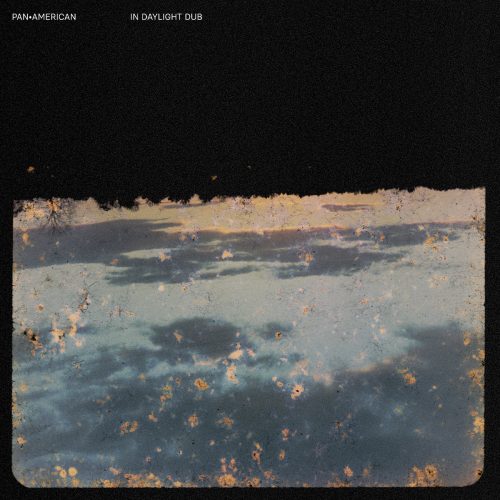Delight
Label: Leaving
Genre: Electronic, Highlights
$29.99
Out of stock
Audiopile Review: It is obvious almost immediately upon hearing Delight, Jain’s second release on Leaving Records, that there are two loves whose threads run through the length of the album: modular synthesizers and hindustani ragas. Jain says Delight’s nine tracks were inspired by Raga Bageshri—a raga is a melodic framework particular to Indian classical music, while Bageshri is said to convey the feeling of a lost lover’s reunion. Jain was born in Delhi, and raised in California, where she was exposed to computer generated sounds, eventually going on to compose her own and infusing them with the classical Indian rhythms of her childhood. A love letter to synthesizer music itself, similar in vein to contemporaries like Kaitlyn Aurelia Smith or Jeremiah Chiu, Jain is able to reach through the maelstrom of the whirring and buzzing synths and pluck out moments of pure beauty. Sounds of love and longing, expressed through electronic composition voice, a truly beautiful and affecting artistic creation.
Delight, Arushi Jain’s follow-up to 2021’s seminal Under the Lilac Sky, out March 29 2024 on Leaving, carries, at its core, the simple proposition that delight is accessible and that the practice of cultivating it is a necessary endeavor. Weaving together emotions, imagery, and a sense of yearning for beauty, Jain aims to instill belief in the ever-present nature of delight, asserting the need to actively seek it when not readily found. The enhanced perception of this elusive emotion, Jain asserts, comes through extended observation of the present – the longer we look, the more we see – an idea that serves as a guide in her quest for delight. The introduction of cello, classical guitar, marimba, flute, and saxophone plus rich Indian classical vocals, all layered with modular synthesis, expands her sonic vocabulary to a lush textural landscape and signals new areas of creative focus.
Jain, for the uninitiated, is a multi-hyphenate artist/musician (composer, vocalist, engineer, modular synthesist) . As has been widely noted, Arushi Jain deploys the sounds and aesthetics of contemporary experimental electronic music to channel, celebrate, iterate upon, and interrogate traditional Indian idioms. Under the Lilac Sky, her first LP (also released on Leaving), constituted an offering of sorts: a six-song suite intended to accompany the listener as they watched the sun’s setting. But while Jain’s last record was concerned with time, space, and our outer environment, Delight is reflective, occasionally approaching the autobiographical—simultaneously a record of an artist’s inward journey, and an invitation/roadmap for the listener to embark on their own search for delight.
Each of Delight’s nine tracks were inspired by Raga Bageshri (a raga being a melodic framework particular to Indian classical music). Bageshri is said to convey the feeling of waiting to reunite with one’s beloved. It possesses an innate longing, colored by potent fantasies of reunion. “Bageshri embodies the realization that you have unknowingly fallen deeply in love. It triggers within me immense devotion, juxtaposed with a poignant acknowledgement of suffering; for love as immense is often challenging to reciprocate”, Jain writes. “We come into this world alone, and we leave alone. Despite this knowledge, the human capacity for love is without reservation, which I find generous.” She sings of connection to a past and future self, and the creative practice (see the meditation on intimacy, “Our Touching Tongues”), but her longing feels more expansive. The beloved Jain invokes throughout Delight is not a lover, as Bageshri calls for, but delight itself.
Stirred by Raag Bageshri during a creative fallow, Jain decamped to Long Island, where she composed and recorded the core of her new album. She assembled a makeshift studio in an empty house on the seaside, a house suffused with light and art and surrounded by wildlife. This ambience has clearly seeped into the album, drenched as it is in the warm sun as it is in the cold October rain. In her self imposed isolation, Jain experimented with vocal compositions, building songs out of short sung phrases. Jain ended her solitary writing by entering a previously unexplored territory of collaboration, working with acoustic instrumentalists to incorporate classical guitar, cello, marimba, flute, and saxophone into her sonic vocabulary. The result is a collection of songs that are often slower and sparer than those featured on Under the Lilac Sky, yet audibly richer, embracing the transcendental potential of repetition and the nuance of sampling live instruments on her synthesizer.
Phrases, lyrics, and notes recur, but the feelings they evoke are consistently novel; Delight is diverse and fluid. Each song documents, by Jain’s own account, a tussle with the void, a journey into the unknown. She has opened an unmarked door and returned with small things that bring delight, precious and unexpected; we catch their glimmer in each recording. Indeed, Delight serves as an abject reminder that, through attention, openness, and practice, we are all capable of tapping into this necessary human sensation.





